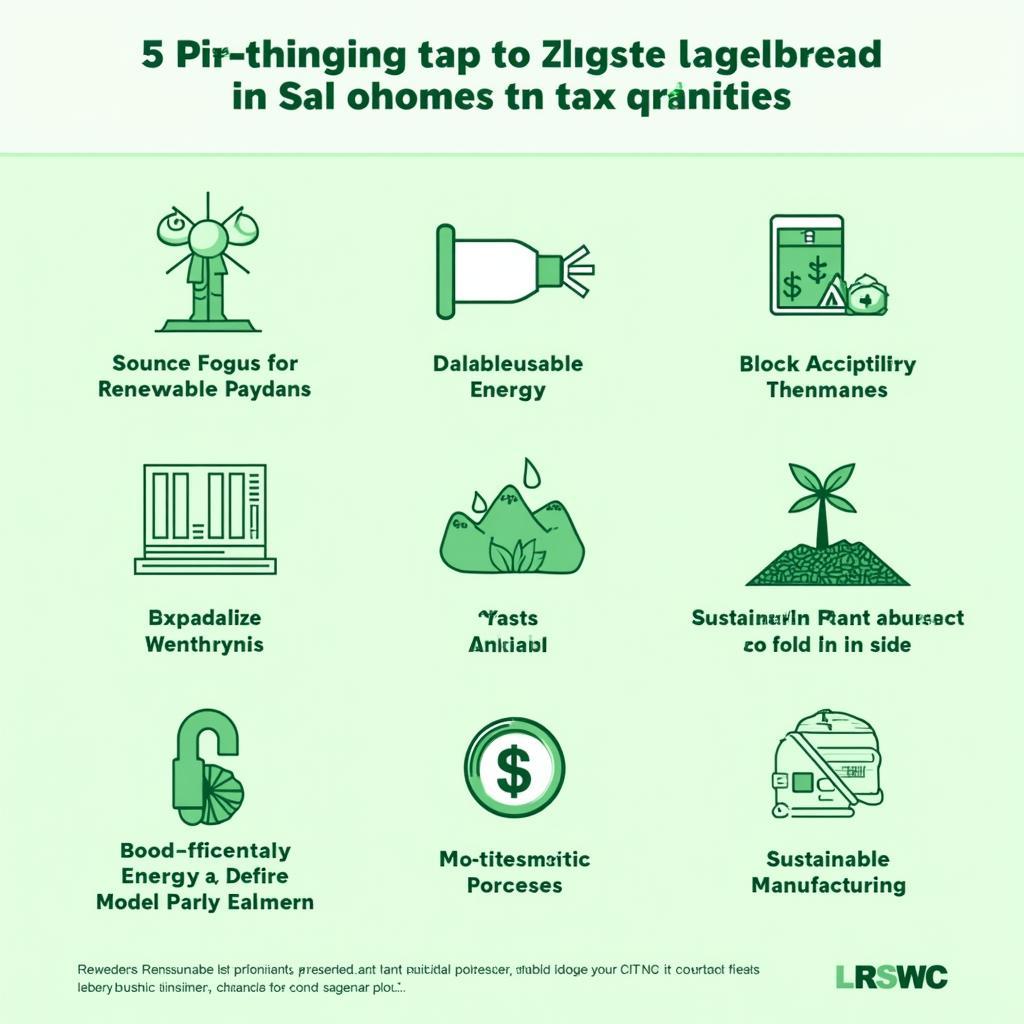Tax incentives for environmentally conscious businesses have become an increasingly prominent topic in IELTS Writing Task 2. Based on analysis of past exam questions, this theme has appeared frequently, especially in questions about government policies, environmental protection, and business development. Let’s explore one of the most common question types on this subject.
should companies be taxed based on their environmental impact has become a crucial consideration in modern economic policies, making it a highly relevant topic for IELTS candidates.
Sample Question Analysis
Some people believe that governments should offer tax incentives to businesses that demonstrate environmental responsibility, while others think all companies should be treated equally regarding taxation. Discuss both views and give your opinion.
Understanding the Question
- Topic: Tax incentives for environmentally responsible businesses
- Task: Discuss both views + give opinion
- Key elements: Environmental responsibility, tax incentives, business equality
Band 8 Sample Essay
Rising environmental concerns have sparked debate about whether eco-friendly businesses deserve preferential tax treatment. While some advocate for tax incentives to promote sustainable practices, others maintain that uniform taxation is more equitable. I believe a balanced approach combining both elements would be most effective.
Those supporting tax incentives argue that environmental responsibility requires substantial investment, making it challenging for businesses to prioritize sustainability. importance of tax strategies in financial planning shows that reduced tax burdens can significantly influence corporate decision-making. For instance, companies investing in renewable energy infrastructure or waste reduction systems could receive tax credits, encouraging wider adoption of green practices. This approach has proven successful in countries like Germany, where tax incentives have accelerated the transition to renewable energy.
However, opponents contend that differential taxation creates market distortions and unfair advantages. They argue that environmental responsibility should be a standard business requirement rather than an optional benefit. Furthermore, determining what constitutes “environmental responsibility” can be subjective and complex, potentially leading to disputes and administrative challenges. should governments subsidize green technology remains a contentious issue in policy discussions.
In my view, a hybrid system would be most beneficial. Governments could maintain a baseline tax rate while offering targeted incentives for verified environmental improvements. This approach would preserve market fairness while encouraging sustainable practices. The key lies in establishing clear, measurable criteria for environmental responsibility and ensuring transparent administration of tax benefits.

Band 6.5 Sample Essay
Many people debate whether green businesses should get tax benefits. Some think it’s good to give tax advantages to environment-friendly companies, but others want equal taxes for all businesses. I think giving tax benefits to green businesses is better.
People who support tax incentives say it helps companies become more environmental. When businesses spend less on taxes, they can invest more money in clean technology and better practices. For example, if a factory gets tax benefits for using solar power, more factories will want to use solar power too. the effects of tax policies on investment strategies shows this can work well.
On the other side, some people think all businesses should pay the same taxes. They say it’s not fair when some companies pay less tax than others. Also, it can be hard to check if businesses are really being environmental or just pretending to get tax benefits. This makes it difficult for governments to manage the system properly.
I believe giving tax benefits to green businesses is good because it helps protect the environment. However, governments need to make clear rules about what makes a business ‘green’ and check companies carefully. should governments offer incentives for green buildings demonstrates similar benefits in the construction sector.
Key Vocabulary
- Tax incentive (n) /tæks ɪnˈsɛntɪv/ – A reduction in taxes to encourage business activity
- Environmental responsibility (n) /ɪnˌvaɪrənˈmɛntl rɪˌspɒnsəˈbɪləti/ – The duty to protect the environment
- Sustainability (n) /səˌsteɪnəˈbɪləti/ – The ability to maintain ecological balance
- Market distortion (n) /ˈmɑːkɪt dɪˈstɔːʃn/ – Interference with natural market forces
- Renewable energy (n) /rɪˈnjuːəbl ˈɛnədʒi/ – Energy from natural, replenishable sources
Conclusion
Tax incentives for green businesses represent a significant IELTS Writing Task 2 topic. Future exam questions might explore variations such as:
- The effectiveness of environmental tax policies
- Balancing economic growth with environmental protection
- Alternative methods to encourage corporate environmental responsibility
Practice writing your own essay on this topic and share it in the comments for feedback and discussion.